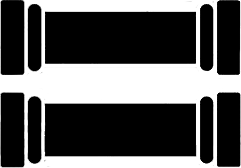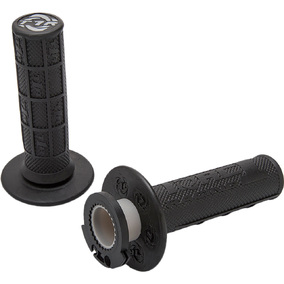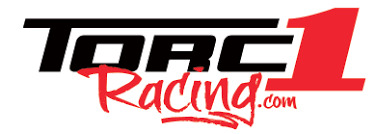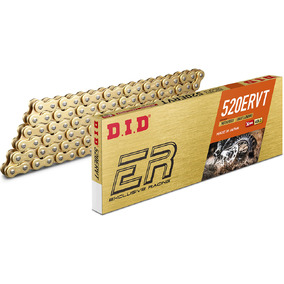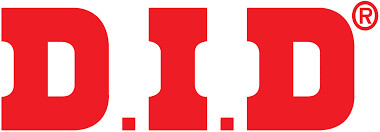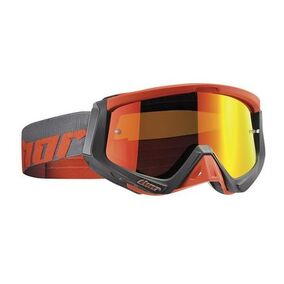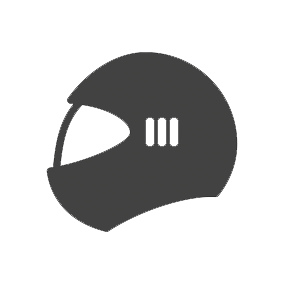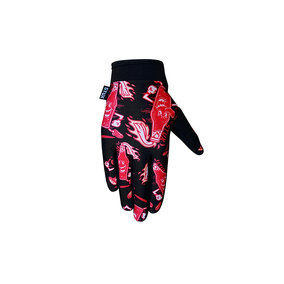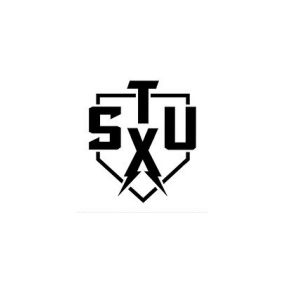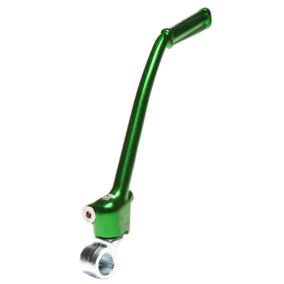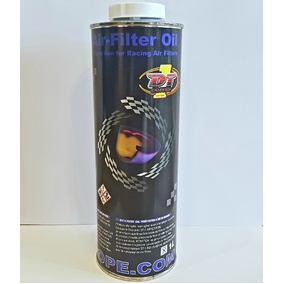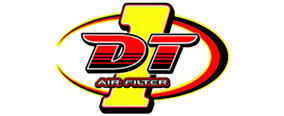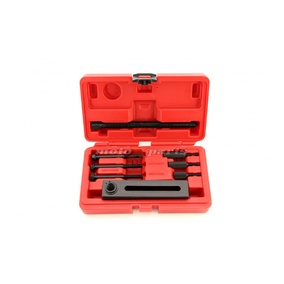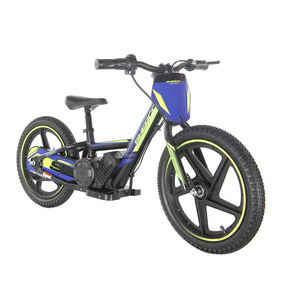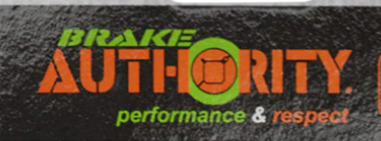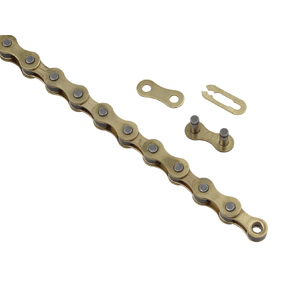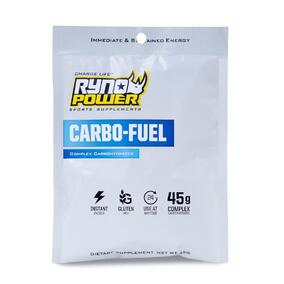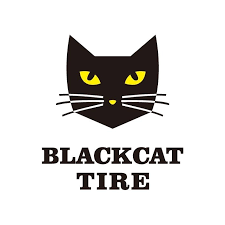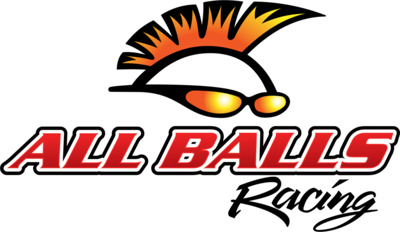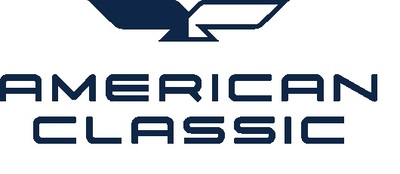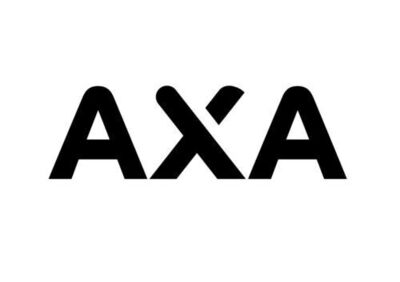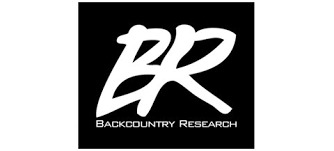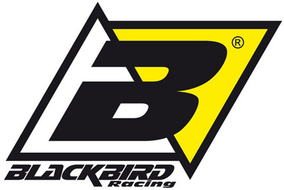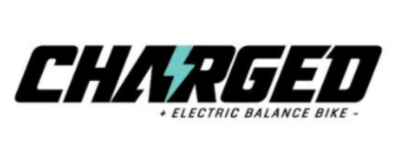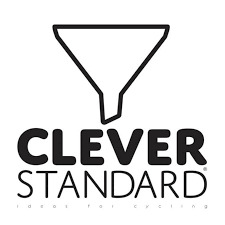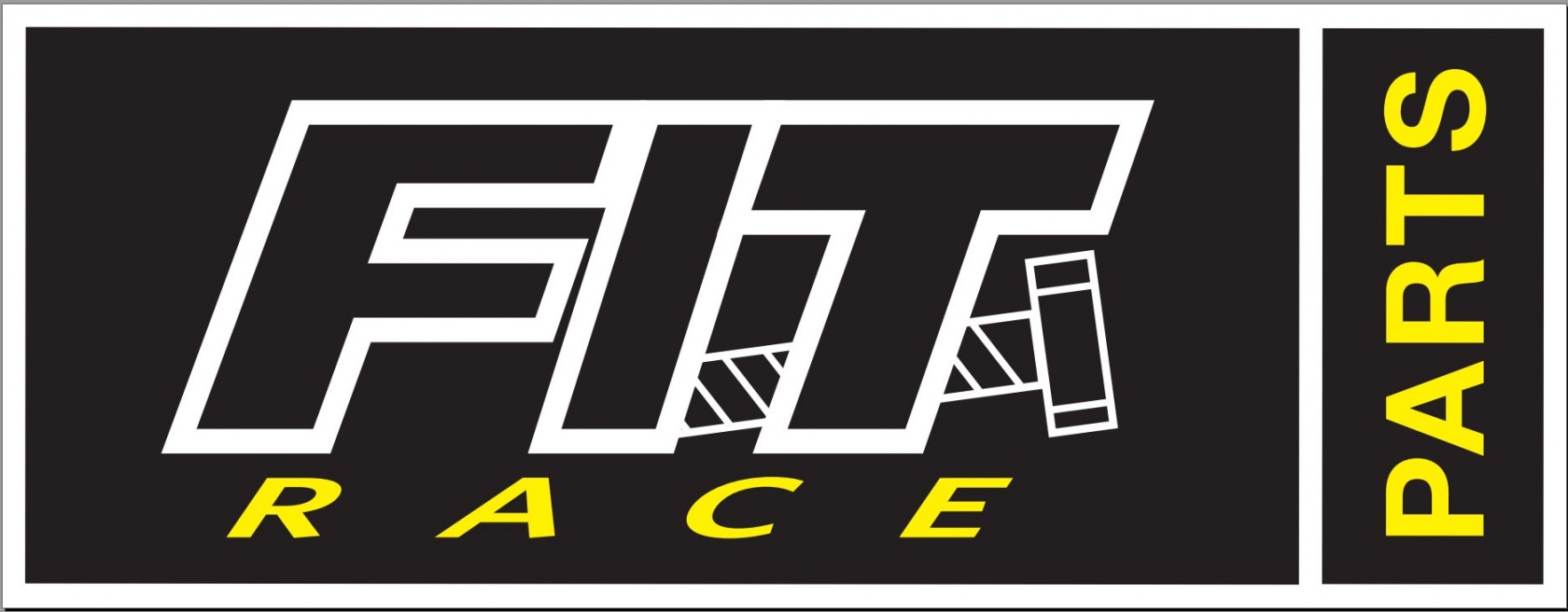How to decide on piston size
WHAT’S THE DIFFERENCE BETWEEN AN “A” AND “B” PISTON (this is for a 2 stroke)
To sum all below up A or B size will work 100% fine in all cylinders - Only if the cylinder is brand new (no hours) this is the only time it matters to use a A or B - Other than that A or B will work great in all cylinders.
In layman terms - If you pulled a hair out of you head and split it into 3 that is around what .01mm is, this is the difference between a A and B size piston (from the same manufacture). Let’s say if you could actual get a 01.mm feeler blade it would break the first time you pull it out with your fingers to use! If you have a feel blade set and it has a .03mm or 001” blade dived that into 3 and you will have .01mm. Now you will start to see how fine the measurement .01mm of really is.
People seem to think the measurement between A and B grade piston is huge..
What size piston grade (A,B,C) would be advise able to fit to a used 2-stroke cylinder that is in good condition. It’s not hard to work out.
98% of the time a piston the same size, .01mm smaller or .01mm larger than the one that has been removed from the engine will work fine, as long as the cylinder bore is in good condition. (Read above what .01mm measurement is)
Cylinder bores wear mostly right at the top at (ring wear). So over 80-90% the bore is normally unworn, this is where installing a too large of a piston to may course a problem (going from a A to a C) as it may decrease the piston to bore clearance in 80-90% of the bore below the minimum clearance required. What normally happens if a too large a piston is fitted the piston will lock/seize in the cylinder bore due to insufficient piston to bore clearance. It is better to have a bit more piston to bore clearance (-.01mm) than to have to less, as having to less the piston will seize in the cylinder and that is not good as it will destroy the cylinder. That should be a no brainer when you think about!
So the answer to what size should I purchase to install in my used cylinder? Is very simple - Any one from 1-2-3 below will be work fine (as long as the cylinder bore in good condition that is)
1 - The same size the piston that was removed will be fine
2- Piston that is .01mm larger = let's say the old piston was 66.35mm, than a 66.36mm piston will be fine in most cases. (say 66.35mm is a A size piston, you can use a B size 66.36mm)
3- Piston that is .01mm smaller = let's say the old piston was 66.35mm, than a 66.34mm will be fine. (say 66.35mm is a B size piston, you can use a A size 66.34mm)
Note: piston grades go up in .01mm, most pistons A is the smallest grade, then B is only .01mm larger, and then C is .01mm larger than B.
If in doubt about the piston to bore clearance or what piston to use, take the cylinder good engine reconditioner as they are the only place with the correct tools to check the bore correctly. A bike shop would not have glue how to check piston to bore clearance correctly let alone have the correct tools.
We could go on and on about piston to bore clearance, but above is all you basically need to know about selecting a piston.
Two strokes have old long style piston skirts so .01 of a mm makes no different to performance, piston to bore noise or how long the piston will last.
If the bore is worn
If you are thinking about installing the largest piston grade because the cylinder bore is worn around the port or art the top of the bore, forget it. Going to the largest size piston will not help these problems at all. Reasons why below
1- If the bore is worn right at the top (end of the ring travel) a larger piston will not help this as the piston skirt (sides) do not even go near this worn area, it is the piston ring that touches this area not the piston. So, no size piston will help at all, the bore will need to be sleeved or plated back to new
2- Wear or chipping around the ports - going to the larger size piston will not help this at all, as the wear is in a place only the rings will touch not the piston, so piston size will not help here. The bore will need to be sleeved or plated back to new
Will using a A instead or B grade piston give make my engine blow up? The answer is NO
Will a different grade (A or B) piston give my engine more power? The answer is NO
Will a different grade (A or B) piston give my engine less power? The answer is NO

